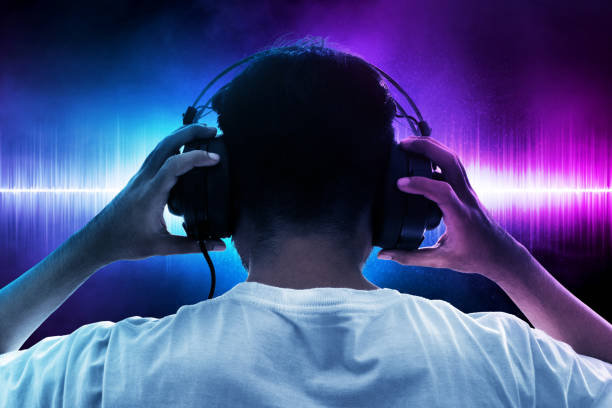

| Video games can provide far more than entertainment, and they've just taken digital therapeutics to a new level. |
The software-powered medicine industry known as Digital Therapeutics (DTx) is expected to reach $7.8 billion by 2025, and video games seem to be the market's primary fueler.
For ages, video games have been stigmatized with claims of creating ADHD, obesity, & a plethora of other learning disabilities and illnesses. However today, the medical industry is finding gameplay to be an elixir to these very conditions.
Take the Akili Interactive Selective Stimulus Management Engine (SSME) for example. This system may help alleviate the symptoms of Autism, ADHD, major depression, and Multiple Sclerosis (MS). SSME gameplay is specially designed to help players tap into their key skills such as their working memory, executive functioning, and selective attention. With this, sensory and motor stimuli are deployed to target and activate key areas of the brain and build new neurological links through regular playing.
Before continuing, I'll give a further explanation of the aforementioned key skills. Working memory is your short term ability to recall information - such as a to-do list. Executive functioning is your ability to manage emotions, attention, and planning. Lastly, selectively attention is your ability to process, filter, and respond to competing stimuli.
Gaming with biofeedback is another approach to DTx that helps build these key skills. Biofeedback is used to indicate the patient's anxiety or attention level - specifically catering to the treatment of major depression/anxiety and ADHD/ADD. Biofeedback gaming can be specifically beneficial to K-12 and college students, and is equipped with:
- Heart Rate Monitoring: to track pulse rate and volume
- Respirometers: to track breathing and exhalations
- Temperature Gauges: to track peripheral blood flow
- Skin Conductance Levelers: to monitor for sweat gland activity
- Galvanic Skin Responding: to monitor for muscle tension
- Eye Tracking: to monitor the player's attention to tasks
Furthermore, biofeedback gameplay adapts to the player's state of mind and requires mindful responses from the player to continue advancing through the map. With biofeedback gaming comes two engines: mighteor and quotient.
Mighteor play works by becoming more difficult as the player's anxiety increases, requiring the player to independently relax in order to continue. This helps the player find their own triggers to their anxiety and forces them to learn ways to calm themselves down.
Quotient play works by slowing gameplay as the player's attention wanders, requiring the player to practice selective focus in order to continue. Both of these engines are designed to help patients with anxiety, ADHD/ADD, and autism.
In the future, new gaming engines such as the Spatial Navigation Engine (SNAV) and Affective Engine (AAFF) will go on to help patients with Lupus, ICU delirium, and traumatic brain injuries. Additionally, virtual reality is emerging into DTx to help patients with pain management. In the meantime, companies like Pear Therapeutics - who is FDA approved - will continue to help patients overcome substance abuse with gaming.
In 2019, Israeli startup VRHealth began testing virtual reality (VR) for pain management. VRHealth uses immersive VR to provide patients with digital experiences that distract from the pain combined with physical therapy to pinpoint their underlying issues. On the other hand, Pear Therapeutics has two systems: reSET (for Substance Use Disorder) and reSET-0 (for Opioid Use Disorder). Both of Pear Therapeutics' programs provide cognitive behavioral therapy to complement outpatient treatment.
Video gaming has come a long way from its infancy. Here's an infographic with more information on video gaming as medicine and its role in digital therapeutics.
| Most recent blog posts from Demetrius Harrison... | |
| Feedback | |
|
No one has responded to this post yet. |
|


